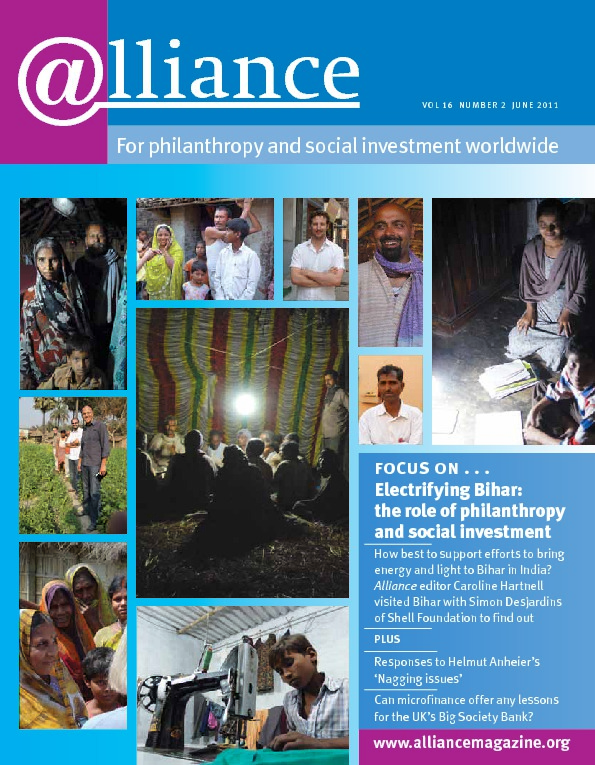Launched by the German Social Stock Exchange Association in 2008, NExT SSE aims to connect social enterprises with responsible investors seeking social and financial returns by means of a social stock exchange. On 25 March, its roundtable in Berlin had five ventures pitching to a dozen investors for a financing volume of roughly €20 million. ‘All investment talks resulting from that are still ongoing,’ says Anne-Kathrin Kuhlemann of NExT SSE.
NExT SSE is in the process of being established as a company in its own right. So far, it has brokered a number of deals and established a community of social investors and a pipeline of several dozen social ventures. These have attractive business models that produce both impact and profit but they need growth capital.
In NExT SSE’s view, for a social stock exchange to achieve tangible results it will need to have a public trading platform that allows social ventures to stay in touch with their stakeholders, while at the same time enabling them to become shareholders. In the process of developing such a platform, NExT SSE has developed a model of what it calls ‘crowd investing’. This satisfies regulatory requirements but remains manageable from an administrative point of view for the ventures raising capital.
Kuhlemann explains how this works: ‘This is our model of crowd investing. It works, at least in Germany: shares are bought and held through a trustee with an option to convert into equity later on. Profits are not distributed but rather accrued for the first years to keep the cost of administration minimal. We have also standardized most elements of the offering prospectus, which we will supply to the lawyers of the ventures to lower the cost of an IPO to a four-figure amount, making it financially viable.’ The actual transactions, she explains, are handled by a bank, not by NExT SSE.
NExT SSE is planning to go live some time this year. At first, it will offer only a platform for primary investments. It will enable trading (a secondary market) only once a sufficient volume has been achieved.
For more information
Contact Anne-Kathrin Kuhlemann at kuhlemann@nextsse.com






Comments (0)